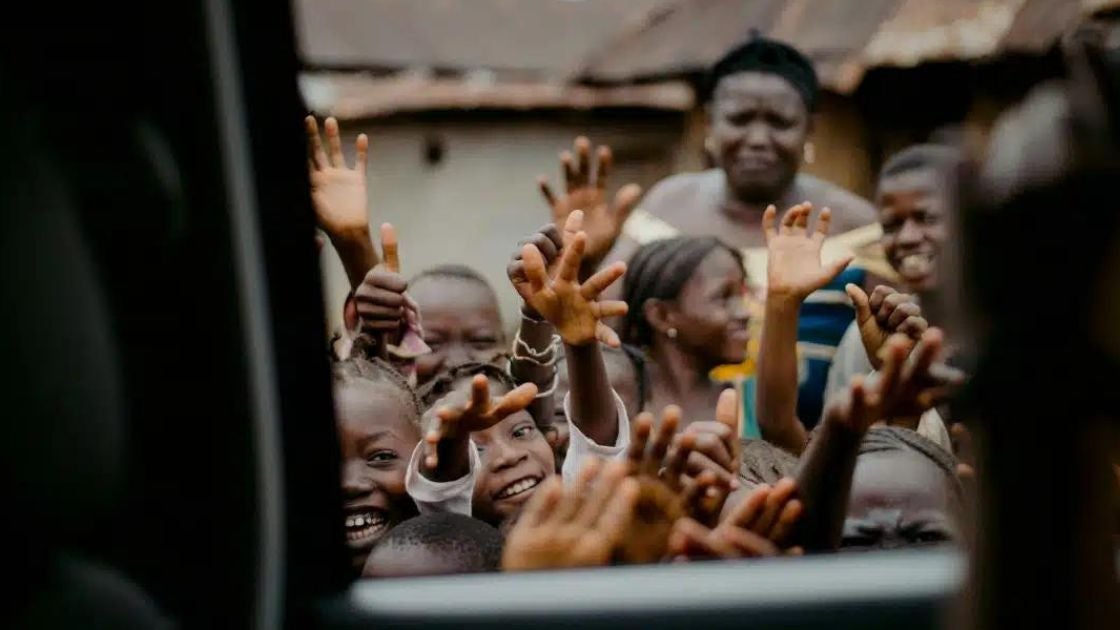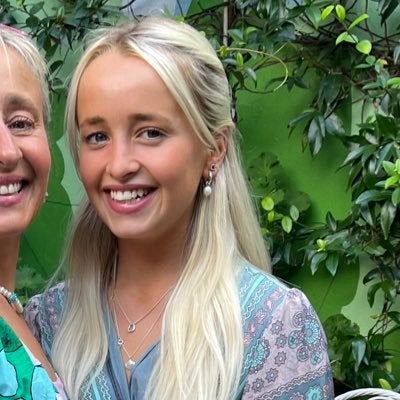
Enable the Children: Destigmatising Children with Disabilities
Originally posted by THE BORGEN PROJECT
reprinted with permission
Photo: Unsplash
Children with disabilities in Freetown, Sierra Leone, have hope because of the international Christian relief organization World Hope International. Its Enable the Children program empowers children with disabilities in the West African nation’s capital and teaches communities the benefits of disability inclusion.
Living With Disability
Enable the Children is a departure from common practices in less developed countries, where society often shuns children with disabilities. Traditional beliefs, intense poverty and illiteracy often contribute to children with disabilities being perceived as “curses” to their families, according to World Hope International. As a result, their families often abandon them. A 2023 article estimates that the highest percentage of children with disabilities is from West and Central Africa.
A recent UNICEF Multiple Indicator Cluster Survey also shows that around 23% of children from the ages of 5 to 17 in Sierra Leone have at least one functional difficulty. Children with seeing or hearing difficulties were half as likely to attend school than those without disabilities.
Therapy and Education
Since 2015, Enable the Children has educated communities about the science of disabilities and has provided occupational therapy, physiotherapy, support services and care to more than 1,000 children in Sierra Leone.
According to World Hope International, more than half the children in the program have cerebral palsy. Others have brain injuries, autism, Down syndrome, spina bifida or genetic conditions such as muscular dystrophy, while some of the children are amputees. Enable the Children provides life-changing prosthetics, surgeries, school fees and support to these children.
Joan, a 16-year-old amputee in the program, represented Sierra Leone in the 2021 Tokyo Paralympics after participating in an Enable the Children sports event. She excelled in track and field and won silver and bronze medals.
In addition to supporting children with disabilities, Enable the Children provides home visits to equip families and caregivers with knowledge and skills to meet their children’s specific needs and tackle disability stigmas. Those stigmas commonly permeate schools. Enable the Children’s school sponsorship initiative helps children with disabilities overcome attendance barriers by granting them school uniforms and paying educational fees, according to World Hope International.
Tackling Stigmas
The Borgen Project spoke to Anna Vines, country director for Sierra Leone at World Hope International, to learn more about Enable the Children.
Vines emphasized all members of local communities must be encouraged to tackle stigmas surrounding children with disabilities. “Say we have a child who is facing stigmatization for their disability,” Vines said, “we provide training to different leaders in their community: the chiefs, headmen, pastors, imams, as well as the family of the child. We try and break the myths and beliefs they have held for years about the causes of disability.
According to Vines, safe access to health care is essential for supporting the quality of life for children with disabilities in Sierra Leone. “Families often take children to traditional healers, particularly those with congenital disabilities, such as amputees,” Vines said. “Some healers actually worsen the child’s disability.”
World Hope International partners with local health care organizations to fund vital medical treatments and therapies tailored to those in their care.
Anti-Human Trafficking Work
Vines said World Hope International also helps with anti-human trafficking work. “We identify children who are being trafficked and have a shelter that we run in partnership with the Ministry of Social Welfare,” she said. “We ensure children are safe by providing them with work and education.”
Nationally, Enable the Children inaugurated changes to the Child Rights Act, which had not adequately protected children with disabilities, Vines said.
“It is important to change government structures,” she said. “This goes beyond smaller communities. It is about multilevel community education about accepting and caring for children living with disabilities.”
Beach Day Celebrates Children with Disabilities
Something as simple as a day at the beach for children with disabilities and their families can break disability stigmas.
One day a year, Enable the Children celebrates children with disabilities and their caregivers at a public beach in Freetown. The day focuses on interactive activities and caregiver testimonies to alleviate feelings of isolation they and the children in their care often experience.
Many parents of children with disabilities lack internet and resources that would allow them to learn about their children’s disabilities and connect with others in similar situations; Beach Day proves they are not alone.
Last year, Enable the Children saw 950 caregivers and 700 children with disabilities take to the beach to share stories and unite in adversity, according to World Hope International.
“It is one of the biggest mind-changing events we do,” Vines said. “It is a real opportunity for people to realize these valuable children exist. They are not being paraded; they are being celebrated. By doing this, they cannot be ignored, and it is joyous.”
The impact of Beach Day lies in its simplicity; in a few hours, it reshapes deep societal beliefs and perceptions that have limited children with disabilities for generations.
Transforming Communities and Creating Acceptance
The children themselves are transforming their community, breaking stigmas and creating acceptance. Learning how to break these stigmas helps people see how they can break stigmas in their daily lives, too, Vines said.
“What are we doing in our daily lives to combat stigma? What are we doing to be an encouragement to children living with disabilities?” Vines said. “Does your neighbor have a child living with disabilities? What can you be doing? Do you smile at a mum who has a child with autism on the train, or do you get in a huff about the child being disruptive? Every action has a consequence, so I guess these are questions we must answer.”
The longevity of Enable the Children’s work holds the greatest impact. Dismantling stigmas today breaks them for generations.

Sapphire Hope
Content Contributor
Borgen Magazine
